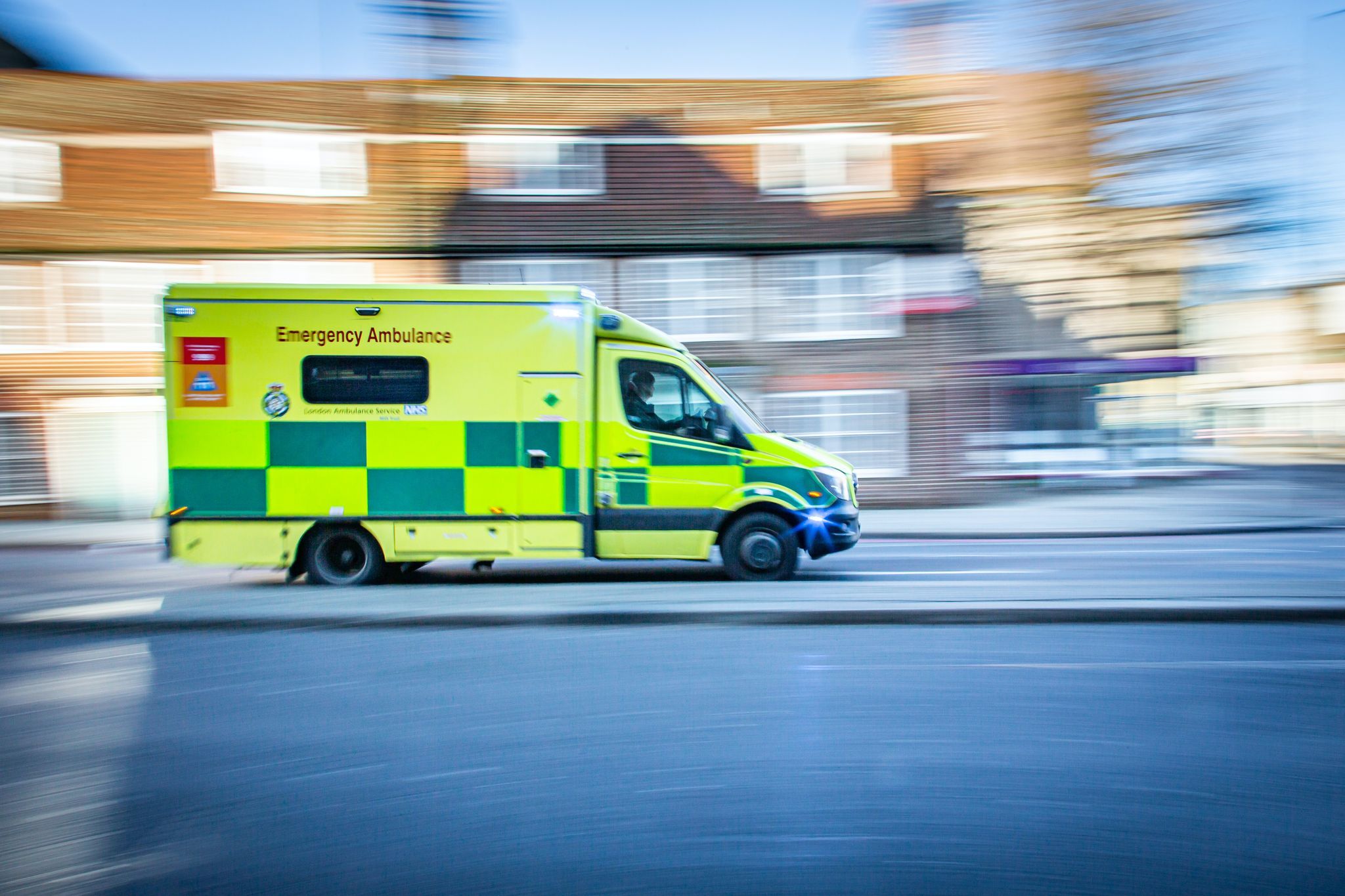Big drop in 999 calls for diabetes - related emergencies thanks to campaign

The number of repeat emergency call-outs to people with diabetes suffering hypoglycaemia has dropped in the East Midlands following a dedicated education campaign.
The impact of the Hypos Can Strike Twice booklet, which is issued by paramedics following a hypoglycaemic event to try to prevent future ambulance attendance, was shared to mark Hypo Awareness Week.
The National Institute for Health Research (NIHR) Applied Research Collaboration (ARC) East Midlands, in collaboration with the East Midlands Ambulance Service NHS Trust, researched the impact of the Hypos Can Strike Twice intervention and reported it had a positive impact. A study of 4,825 people who experienced hypoglycaemia and were attended by paramedics over the course of two years showed a significant reduction in repeat incidents, in comparison to pre-intervention figures.
The booklet, which is issued in conjunction with advice on follow-up care, costs £3.70, compared to the cost of an ambulance attendance which can be up to £257.
Researchers also found that the campaign has improved the treatment and advice on hypoglycaemia delivered by ambulance staff.
Professor Niro Siriwardena, a Professor of Primary and Pre-hospital Health Care at the University of Lincoln, who led the study, said: ''Prevention, instead of reaction is always favourable, so we wanted to see what impact the Hypos Can Strike Twice booklet has on
people when it comes to dialling 999 for hypoglycaemia.''
''The new process of care was found to work, was easy to use, acceptable to patients and prevented recurrent hypos. By reducing potentially unnecessary calls to the ambulance service, it may also decrease hospital attendances, there by reducing pressures and costs for ambulance services and hospitals.”
Professor Kamlesh Khunti, who is the Director of NIHR ARC East Midlands and Professor of Primary Care Diabetes and Vascular Medicine at the University of Leicester, said: ''This is an important study because it shows that by improving education, we can ease the pressure on the NHS and improve the quality of life for people experiencing severe hypos. This study is also another example of how we are working to bridge the gap between research and frontline healthcare, ensuring evidence is adopted sooner leading to improvements to services and people’s lives.''
Educating people with diabetes has been identified as key to maintaining glycaemic control and preventing recurrent hypoglycaemia.
The East Midlands Ambulance Service reported that: ''The Hypos Can Strike Twice patient information leaflet has assisted the EMAS clinician to give up-to-date, detailed and effective safety netting advice which can be left with the patient. It has encouraged collaborative working with referral to the specialist services when required, to ensure the patient gets the advice they need to manage their condition.''
The booklet, which is free, will be available for all ambulance services to use. Click here to register your interest in receiving the booklet.



)
)
)
)
)

)
)
)
.png/fit-in/1280x9999/filters:no_upscale())
)
)
